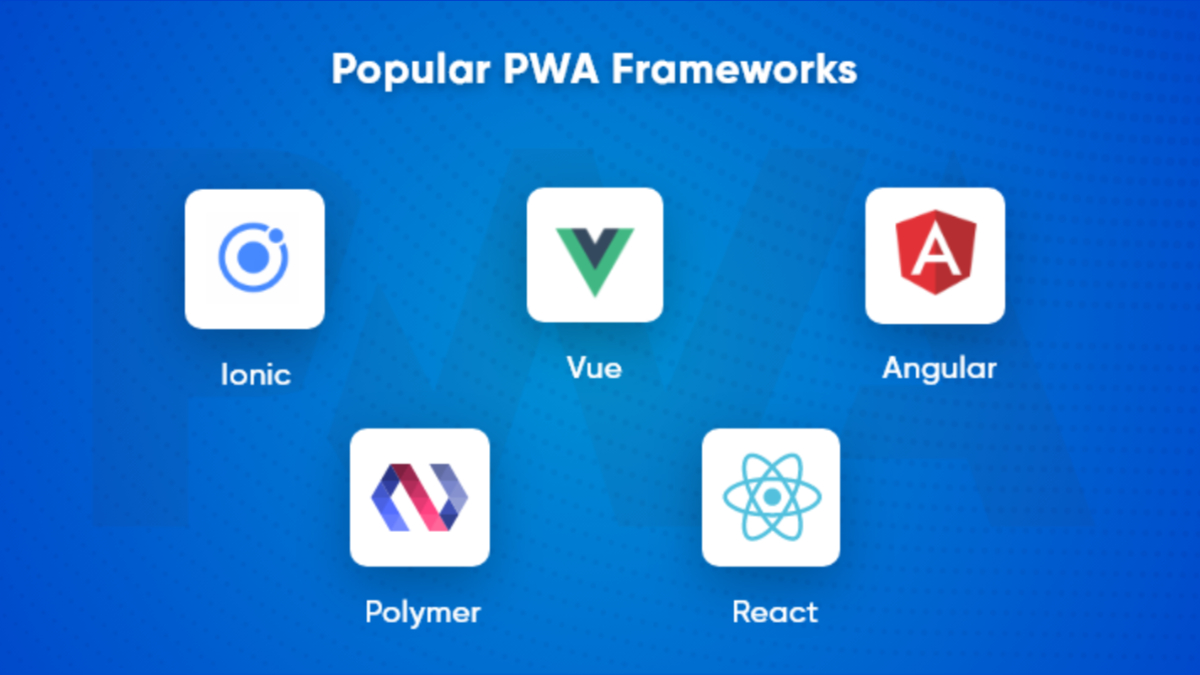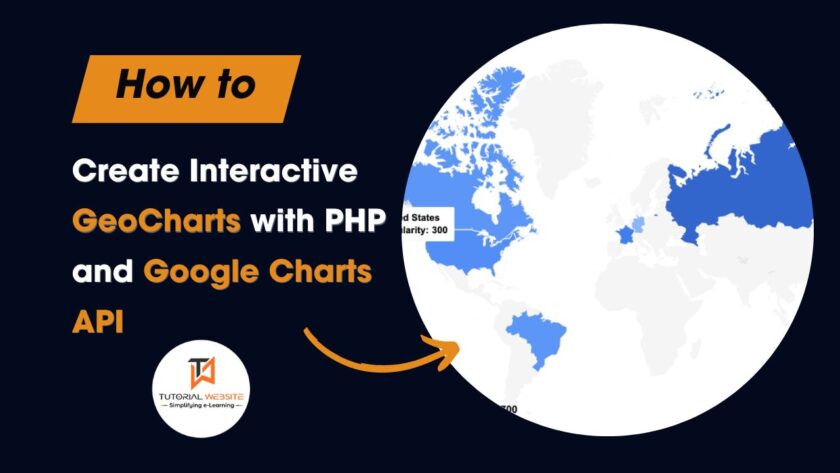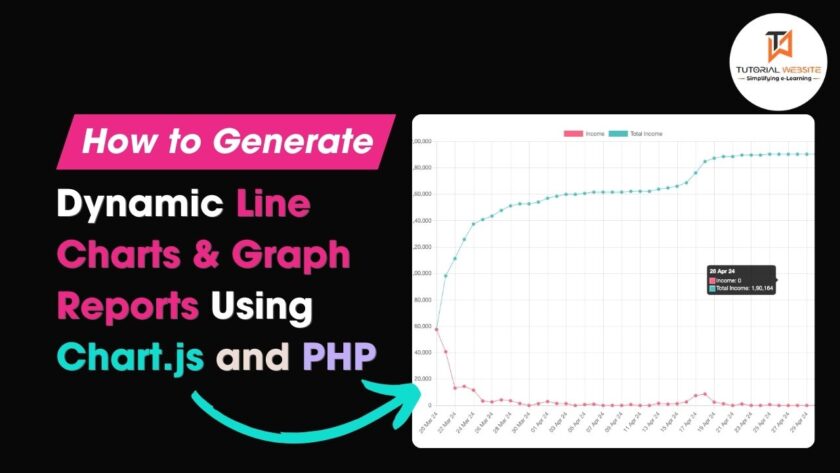Today with the introduction of various technologies such as AngularJS, Vue.js, and ReactJS, the Progressive Web Apps development area is growing. All of these tools have different advantages and drawbacks and you need to understand them before choosing the best one for your business needs. Here we’ll give you a quick introduction to five major platforms to give you a better idea to select the most relevant framework.
The shifting curves have also been easily accepted by companies. Or the others that haven’t felt the brunt. That’s why the battle for companies such as Samsung and Apple was lost by a company like Nokia.
Since the usage of smartphones has increased, marketers have also seen a significant shift in how they can sell their products to their consumers. After all, innovation has provided a new way to directly touch customers.
READ ALSO: Python vs Node.JS: Which one is the best fit for your project?
What are Progressive Web Apps?
Progressive Web Apps has become increasingly popular in the corporate sector in recent years. SEO-friendliness and higher adaptability are the main advantages that entrepreneurs want to benefit from progressive web apps.
Very soon, smartphones have become an important and highly powerful platform for loyalty and engagement.
Previously, native apps have been used as the ultimate example of excellence for smartphone users. However, their failure to offer highly immersive experience has led to the rise of Progressive Web Apps (PWAs).
Best Framework for Progressive Web App Development
1. Angular
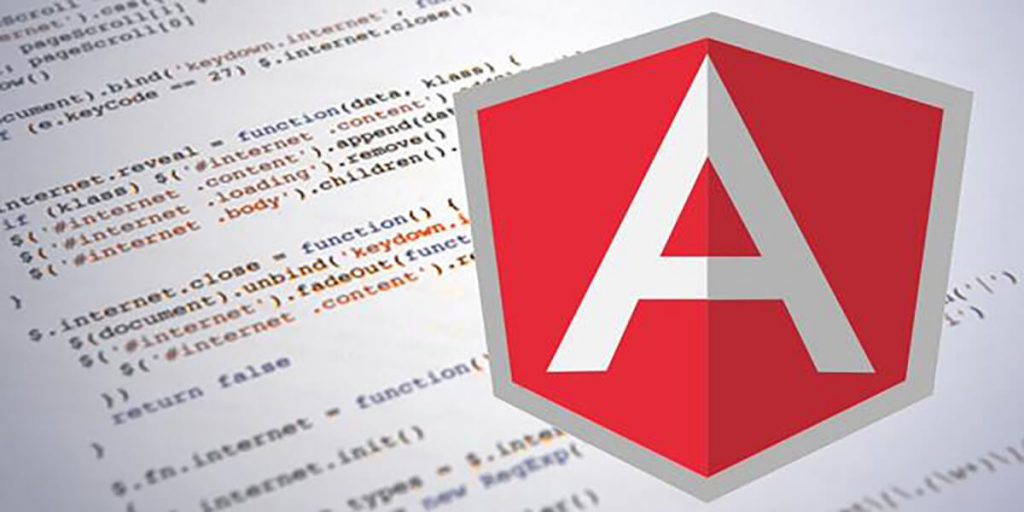
Launched and funded by Google, AngularJS is one of the most common frameworks for building robust progressive web apps. Angular 8 has recently been launched on the market. It has two additional CLI commands that further simplify the process of downloading and installing the web app on a device. The Angular platform keeps up-to-date on a regular basis to satisfy different business needs and tackle industry trends. Let’s go over the pros and cons.
Pros
- Easy implementation since the methodology used is clearly defined
- The addition of CLI has shortened the learning curve for the framework
- Includes IntelliSense and Typescript
- Excellent support, as Google backs it
Cons
- It needs a high level of expertise and more experience
- It is a more complex framework than its counterparts
- It has a steep learning curve and requires to learn TypeScript language
2. ReactJS

This framework is being developed and funded by Facebook. It’s popular for its large JavaScript library and a large developer community. This framework uses JSX to render functions that can be mapped to HTML-based structures. Progressive Web apps powered by React can be scalable with additional packages.
Learn Nodejs Tutorials Free Online
Pros
- Extensive libraries and ecosystem
- Developers can use the same code for native and web applications
- Facebook maintains the code, which ensures smooth operations and support
- The framework helps create scalable and flexible apps
- The learning curve is moderate as compared to AngularJS
- The code used to React for web apps can also be used for native apps
- The rendering process is very speedy, thanks to Virtual-DOM
Cons
- Only a programmer can use the framework since It needs knowledge of JSX besides JavaScript
- It is a bit complex than writing code in JavaScript and HTML
- The more you opt for flexibility, the more issues will pop up
- There is no defined methodology. Hence, implementation is tricky
- Migration from AngularJS is difficult due to JSX
3. Vue.js
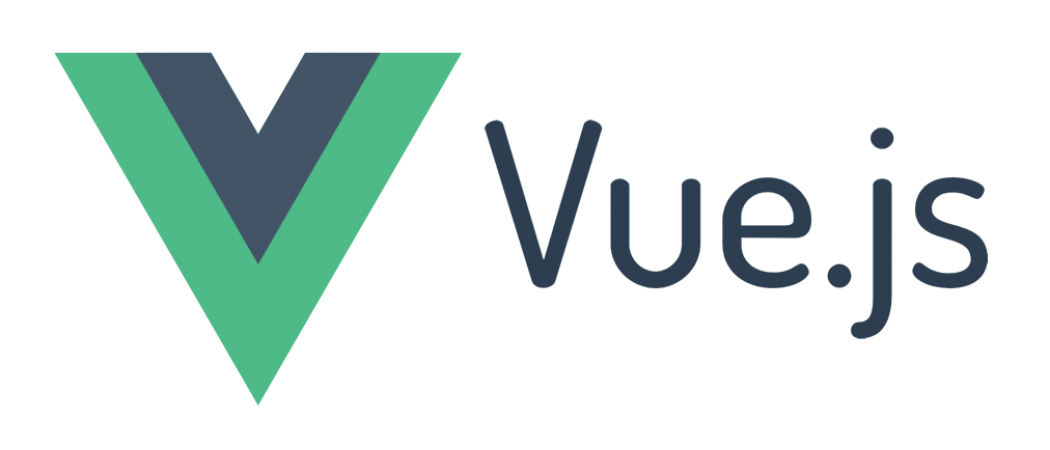
Thanks to its high-speed rendering and quick coding, this is one of the most growing frameworks. Developers strongly favor the consistency and scalability of this Framework. Through using additional packages a VueJS development company will create a highly scalable app for your business.
Pros
- Big players like Laravel and Alibaba support the framework
- Since the code is simple; it is easy for new developers to learn it
- The framework is quite simple and has similar concepts like Angular and React
- Highly flexible platform
- Virtual DOM enables quick rendering like ReactJS
Cons
- Very small support team as compared to Angular and React
- The advantage of flexibility creates issues when used
- VueJS requires significant conversion in the code if you want to migrate the existing Angular 1.5 app to Vue
4. Ionic
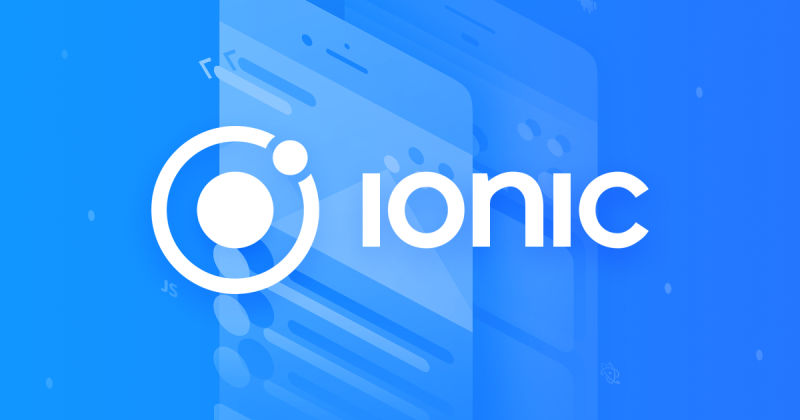
It is an open-source SDK built on the Angular and Apache Cordova frameworks. It is perfect for creating progressive web applications and mobile apps on a cross-platform basis. It has a large library of IOS and Android components. Ionic helps developers to build web pages run inside a browser. Here, WebView provides the appearance of the native application of web pages in the device browser.
Pros
- It is an open-source platform so development cost is reduced
- It is easier for developers to learn how it works
- It offers easy maintenance with the help of built-in browser tools and debugging tools
- It has a large developer community consists of web and mobile app developers
- It has an extensively extensive library. You can access APIs without coding
- It is useful to build hybrid apps as well
Cons
- You must rework your app frequently to meet the needs of mobile and web domains
- Your web application needs to remain updated with the latest version of Ionic
5. Polymer
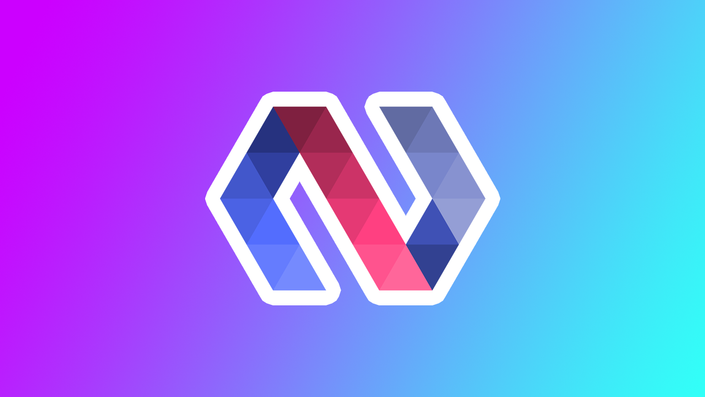
The polymer has been developed by Google and is also open-source. It has a wide variety of tools, web components, and templates. This makes it an excellent choice for PWA development as the process aspect is greatly simplified. In addition, tools and components within the framework are supported by a wide range of browsers. This means the Polymer app you create is extremely adaptable and accessible.
Pros
- The API is easy to understand
- It features full support, including routing, data tier, and responsive layouts
- Presence of embedded development tools render the need for debugging tools unnecessary
cons
- It has a high reloading time
- The framework is not SEO friendly
- There is no official IDE
READ ALSO: PHP vs Node.js: Which is best for web development
Wrapping Words
The first and one of the most important steps is to choose the right framework for your progressive Web app. It decides whether your created app is responsive, flexible, interactive, scalable and user friendly.
Which framework is right for you, depends on your developer’s expertise and your app needs. So you can’t even make this decision without input from your developers. Each one of the five PWA frameworks has managed to offer developers extreme convenience.

Pradeep Maurya is the Professional Web Developer & Designer and the Founder of “Tutorials website”. He lives in Delhi and loves to be a self-dependent person. As an owner, he is trying his best to improve this platform day by day. His passion, dedication and quick decision making ability to stand apart from others. He’s an avid blogger and writes on the publications like Dzone, e27.co

